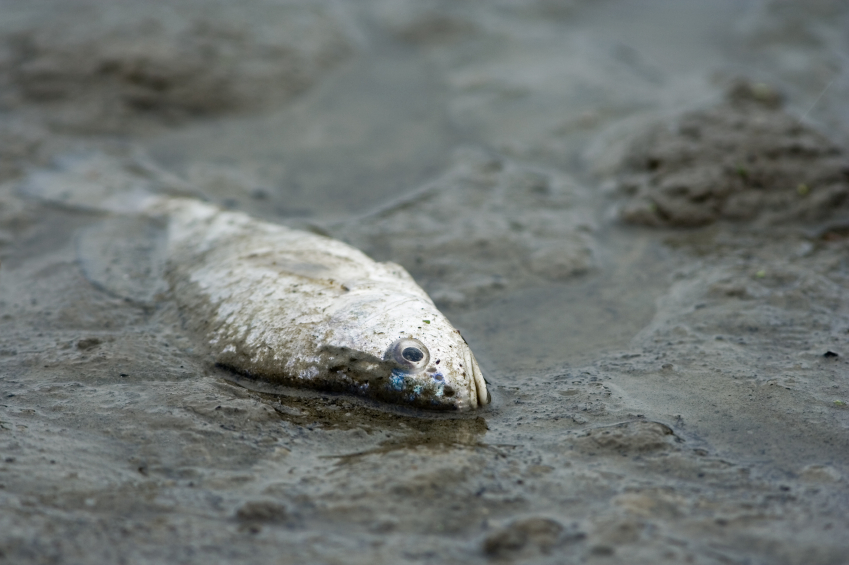Study: U.K. rivers are filled with fish that are coked up, high on party drugs, and loaded with pesticides
10/17/2019 / By Vicki Batts

Are your fish on drugs? New research from King’s College London confirms that river-dwelling wildlife in the U.K. are being poisoned with a laundry list of drugs and chemicals — ranging from cocaine to pesticides. The findings have left scientists in absolute shock and dismay, even though similarly grim scenarios have already played out in the United States. Indeed, it would appear that waterway pollution is a major problem for developed countries — especially for the wildlife that resides in such areas.
In the U.S., the primary drivers of waterway drug pollution are simple: Excretion and toilet-flushing. At least on this side of the pond, most drugs find their way into water systems after being excreted in human waste — or after someone has flushed their unused medication. In the United Kingdom, it’s suspected that legal and illegal ties to waste systems are behind the influx of waterway pollution.
Fish filled with cocaine
As Daily Mail reports, scientists from King’s College London and University of Suffolk joined forces to survey rivers from rural Suffolk County. In all, samples from 15 different river sites were tested — and all of them tested positive for illicit party drugs. In shrimp, the researchers even found traces of ketamine and other pharmaceuticals.
Fifty-six different chemicals were found in the fish and shrimp, with cocaine and lidocaine being the two most commonly found drugs, followed by ketamine. Lidocaine is a legal drug often used by the dental industry as a numbing agent — but as Daily Mail explains, it is also used for illicit purposes.

Apparently, it is a popular choice for cutting with cocaine because “it produces numbness in the gums like cocaine, tricking users into thinking they are getting cocaine which has a similar effect.”
Study leader Dr. Thomas Miller, of King’s College London, said of the findings,”Although concentrations were low, we were able to identify compounds that might be of concern to the environment and crucially, which might pose a risk to wildlife.”
Dr. Miller adds that in addition to cocaine, ketamine and lidocaine, a banned pesticide known as fenuron was the fourth-most common contaminant found in their samples.
The scientists say that determining where all the cocaine is coming from “awaits further research,” but many consumers are more concerned with the banned pesticides lurking in the waters. Shrimp analyzed by the study tested positive for two banned pesticides, fenuron and atrazine. Atrazine is known for being a toxic endocrine disruptor and may also cause cancer.
Toxins in the water
As the researchers explain, “invisible pollution” such as this is a real problem for our environment that is currently flying under the radar.
“Environmental health has attracted much attention from the public due to challenges associated with climate change and microplastic pollution. However, the impact of ‘invisible’ chemical pollution (such as drugs) on wildlife health needs more focus in the U.K. as policy can often be informed by studies such as these,” the team contends.
The problem of “invisible” pollution is not unique to the UK; similar studies have been conducted in the United States — and their findings are just as grim.
Mike Adams, founder of Natural News, has been reporting on the pharmaceutical contamination of public water supplies for well over a decade. Research dating all the way back to 2004 clearly indicates that when people consume pharmaceuticals, traces of these drugs start to accumulate in waterways — and water supplies.
The fact that many widely consumed drugs inevitably become environmental pollutants is well-established — but it goes ignored in favor of more palatable (and profitable) ventures. Who cares about poisoning the water when you can sell people on reusable straws?
Learn more about environmental pollutants at Environ.news.
Sources for this article include:
Submit a correction >>
Tagged Under:
This article may contain statements that reflect the opinion of the author





















